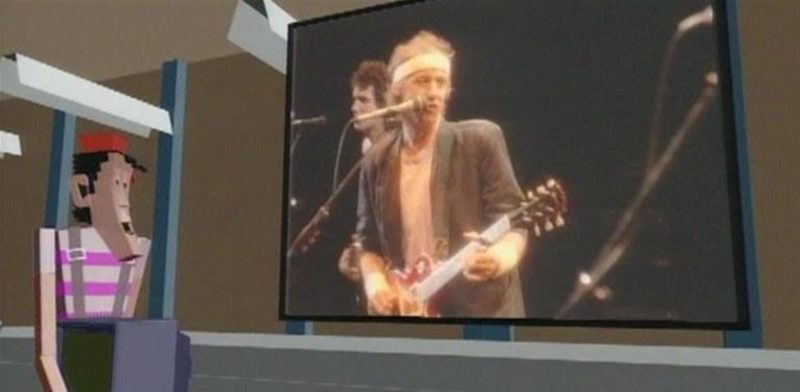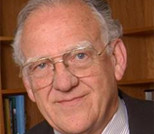Tariff Threats Yield Money for Nothing for Government

President Trump’s recently announced expansion of tariffs on Chinese goods, along with the later revision specifying implementation dates and which goods will be covered, brings to mind an important theory of regulation informally called “money for nothing.” Developed by the late law-and-economics scholar Fred S. McChesney and elaborated in a 1997 Harvard University Press book of the same name, it offers an explanation of how political actors behave when seeking to impose regulation on parts, if not all, of the economy.
McChesney’s story goes like this: Suppose a government official is in a position to impose rules that will affect every firm in a major industry, like the sale of handguns. At the same time, the regulator is running for office or hoping to keep an elected office. In either case, he needs money.
In developing a regulatory strategy, the politician determines that if he announces an extensive expansion of gun control laws, he may galvanize the attention of key industry groups. Then, after rallying, ranting, and raving, the industry will pledge future support to the politician if he calls off the regulatory hunt. Industry members want no action taken — nothing, in other words — and they are willing to pay for it.
In his theoretical story, McChesney points to the National Rifle Association and its extensive lobbying effort focused solely on reversing any proposed legislative action — that is, offering powerful support in exchange for “nothing.” He also focuses on how firms or industries that could be hard-hit by revisions of the tax code frequently fight to have nothing imposed on them.
Another example of McChesney’s theory occurred while he served as an official at the Federal Trade Commission during the Reagan administration. (I was also at the agency at the time.) The episode involved the funeral home industry, an industry that had never been confronted by federal regulation and therefore had no meaningful Washington lobbying presence.
In the interest of protecting funeral consumers at a time of high emotional stress, and following the guidance of its oversight committees, the FTC proposed a process for unbundling the charges associated with a funeral, specified a format for discussing details with the aggrieved parties, and went on to require all funeral homes to provide all forms of funeral services through their own facilities, including cremation.
If finalized, the proposed rule would have been quite burdensome for what had been an industry regulated by state and industry rules. As might be expected, it motivated funeral homes to expand their Washington presence, hire more lobbyists, and work the halls of Congress in an effort to modify the rule.
With congressional guidance, the FTC did modify the rule, which became final in 1984. Some of the more burdensome requirements were removed, and the industry became a contributor to the campaign efforts of those who assisted it in this time of difficulty. By 1990, the industry — mostly made of small enterprises — was spending $240,000 annually on federal lobbying activity. That amount increased to around $1 million in 1998 when the rules were modified and then receded back to about $700,000 by 2018.
The enterprises paid good money for a specific kind of nothing.
Now consider the Trump administration’s tariff policies. On August 1, the president announced unexpectedly an expansion to the program that would place a 10 percent tariff on some $300 billion of Chinese exports. A 25 percent tariff was already in place on other goods. The list of items was extensive and largely covered consumer products. Prominently included were shoes, toys, a host of consumer electronics, and Apple’s latest 5G phones, then scheduled to be announced prior to Christmas.
As expected, howls were heard from all kinds of consumer-goods trade associations as well as from Apple. On August 13, Mr. Trump announced that some items would be excluded from the tariff list, including toys, laptop computers, and iPhones. But, perhaps to keep people wondering and not wandering too far, he indicated that exemptions would expire on December 15. Might the administration have gotten some political support in exchange for the right kind of nothing, with an opportunity for more of the same coming when the decision is revisited in December?
Of course, this is not the first time the administration walked back a major tariff threat. Remember? Mr. Trump pushed for tariffs on all goods crossing the Mexican border and then pulled back. Tariffs were proposed for everything coming from Guatemala and later called off. Still pending are possible tariffs on European cars and French wine. The president and his advisors are experienced negotiators who understand the importance of reaching for the moon when, deep down inside, they expect something far less dramatic. They nonetheless act as though they’ve read McChesney’s book.
Perhaps this is something else — a simple policy reconsideration or a negotiating tactic of another sort. But this administration would not be the first to obtain money for nothing. Far from it.











